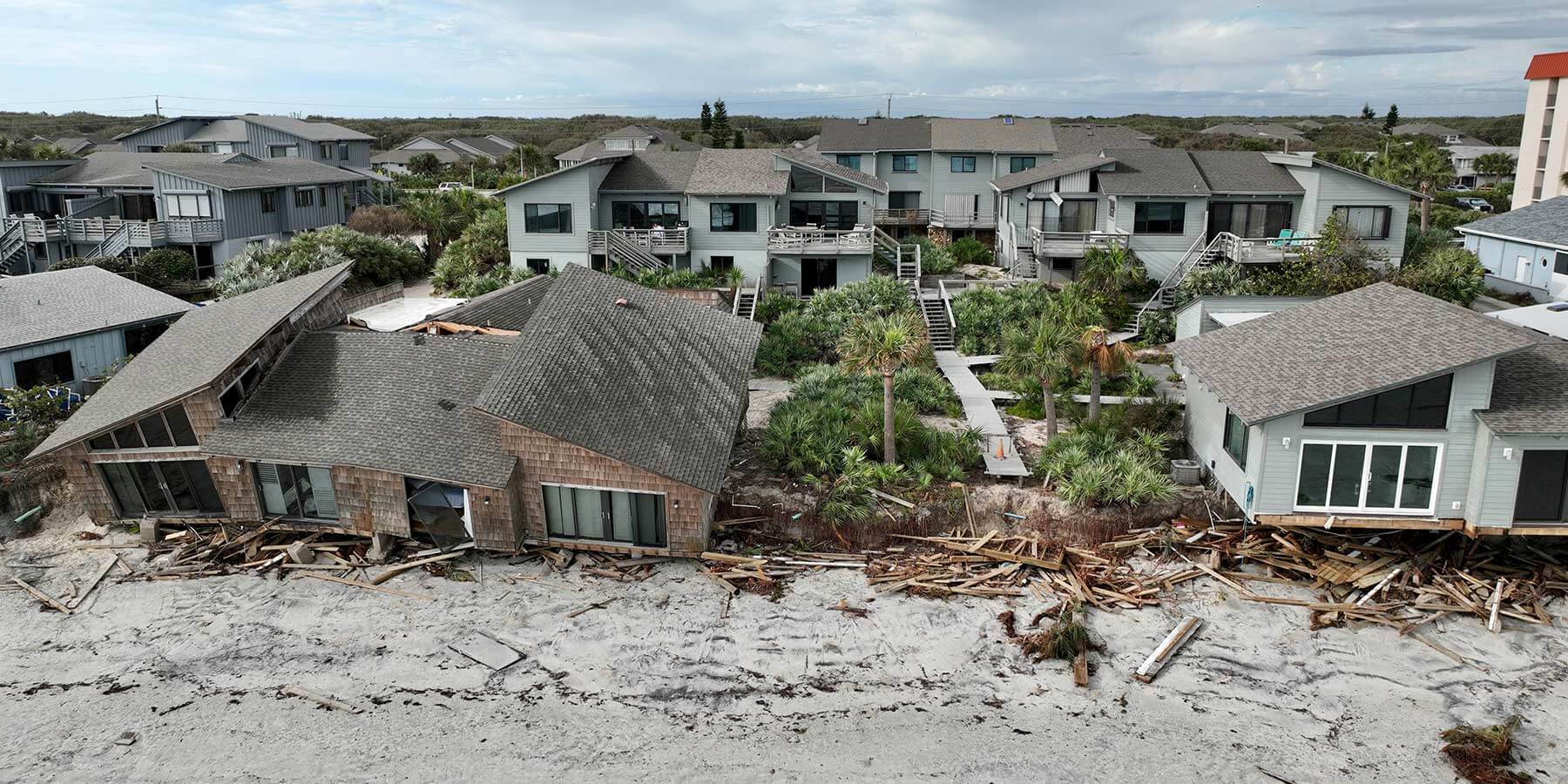Disasters, natural or man-made, create a significant impact on people’s lives. They uproot homes, strip away belongings, and bring chaos and uncertainty to communities. In the aftermath of these disasters, people often find themselves struggling to get the government aid they need. Filling out multiple applications, providing the same information repeatedly, and navigating through different federal agencies is confusing and taxing for survivors already trying to rebuild their lives. However, there is some good news on the horizon.
In late July, the Disaster Assistance Simplification Act (DASA) passed the Senate, paving the way for a streamlined and efficient means of delivering disaster aid. This bill, with the support of the National Emergency Management Association (NEMA) and International Association of Emergency Managers (IAEM), aims to reduce the burden on survivors and simplify their recovery efforts. The bill still has to pass the House, and to date, it has not been added to their schedule, so there is still some time before this new transformative step will be a new tool in an emergency manager’s toolbox.
In this article, we will explore what the bill entails, what it means for disaster survivors, and how it may help emergency management agencies across America.
Understanding the Disaster Assistance Simplification Act
The DASA is a groundbreaking bill for disaster survivors. The bill requires the Federal Emergency Management Agency (FEMA) to establish a universal disaster application for disaster survivors, which would bring together many (but not all) programs from different agencies. This means that survivors would no longer be required to submit multiple applications, which often ask duplicative questions, to each federal entity for assistance. Instead, FEMA would be the lead in implementing a universal disaster application, simplifying the process for disaster survivors.
The Impact on Disaster Survivors
If the DASA bill passes the House, it would allow FEMA to share information on disaster survivors with other federal agencies, making it easier for survivors to access the aid they require. Previously, multiple agencies asked the same questions, creating confusion and adding to the administrative burden. With FEMA leading the charge, information sharing would be much more streamlined and efficient. Best of all, all information-sharing practices would have to meet applicable data security standards and best practices, ensuring the privacy of those affected.
The Benefit to Emergency Management Personnel
This bill would also ensure a smoother recovery process by bringing together many of the aid programs from agencies such as the Small Business Administration (SBA), the Department of Housing and Urban Development (HUD), and the U.S. Department of Agriculture (USDA). This collaboration is crucial for effective relief efforts and would ensure fully coordinated and comprehensive aid to disaster survivors.
The Future Outlook: Streamlined Disaster Aid
In the aftermath of a disaster, every moment counts. The Disaster Assistance Simplification Act (DASA) would ease the process of providing aid to survivors. Having a universal disaster application and information sharing would cut down on time and administrative resources. Emergency management officials would be able to allocate resources more efficiently, resulting in faster relief efforts and deployment of resources and services.
The passage of the DASA is, without a doubt, a significant step forward in disaster relief efforts. With a combination of collaboration and streamlining of services and resources, this bill will improve the lives of hundreds of thousands of disaster survivors. It would provide a more effective and efficient way to disseminate aid to those affected, minimizing the burden of trying to navigate through the bureaucratic jungle of government aid agencies.
If your community is grappling with the aftermath of a disaster, we at Tidal Basin Group stand ready to assist. Our team is well-versed in federally-funded disaster recovery programs and can ensure the smooth implementation of grant programs and once passed, we can help implement the universal disaster application as mandated by the DASA. Together, we can navigate the path to recovery and build a more resilient future.
Contact Tidal Basin Group today to learn more about how we can make a difference in your disaster recovery journey.



